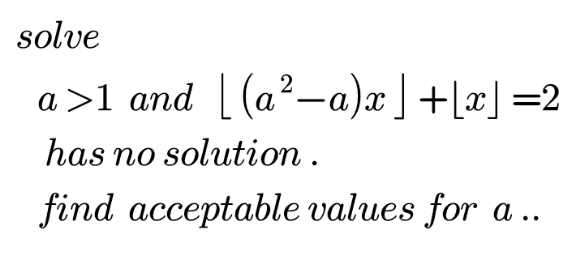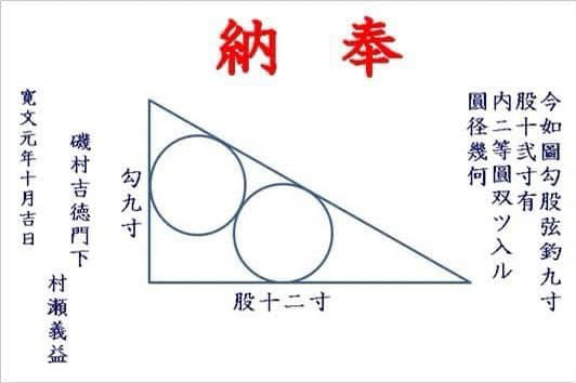
AllQuestion and Answers: Page 642
Question Number 155899 Answers: 1 Comments: 0
Question Number 155842 Answers: 1 Comments: 1
Question Number 155979 Answers: 0 Comments: 0
Question Number 155978 Answers: 0 Comments: 2

Question Number 155829 Answers: 1 Comments: 2
Question Number 156776 Answers: 1 Comments: 1
Question Number 156775 Answers: 1 Comments: 1
Question Number 155816 Answers: 1 Comments: 0
Question Number 155812 Answers: 2 Comments: 0
Question Number 156188 Answers: 0 Comments: 2
Question Number 156186 Answers: 1 Comments: 2

Question Number 156184 Answers: 2 Comments: 1

Question Number 155810 Answers: 1 Comments: 0
Question Number 155809 Answers: 1 Comments: 0
Question Number 155806 Answers: 1 Comments: 0

Question Number 155803 Answers: 2 Comments: 0
Question Number 155802 Answers: 1 Comments: 0
Question Number 155801 Answers: 3 Comments: 0
Question Number 155797 Answers: 0 Comments: 6
Question Number 155775 Answers: 0 Comments: 0

Question Number 155774 Answers: 0 Comments: 0
Question Number 155772 Answers: 1 Comments: 0

Question Number 155770 Answers: 1 Comments: 1

Question Number 155759 Answers: 0 Comments: 1
Question Number 155757 Answers: 0 Comments: 3
Question Number 155745 Answers: 2 Comments: 0
Pg 637 Pg 638 Pg 639 Pg 640 Pg 641 Pg 642 Pg 643 Pg 644 Pg 645 Pg 646
